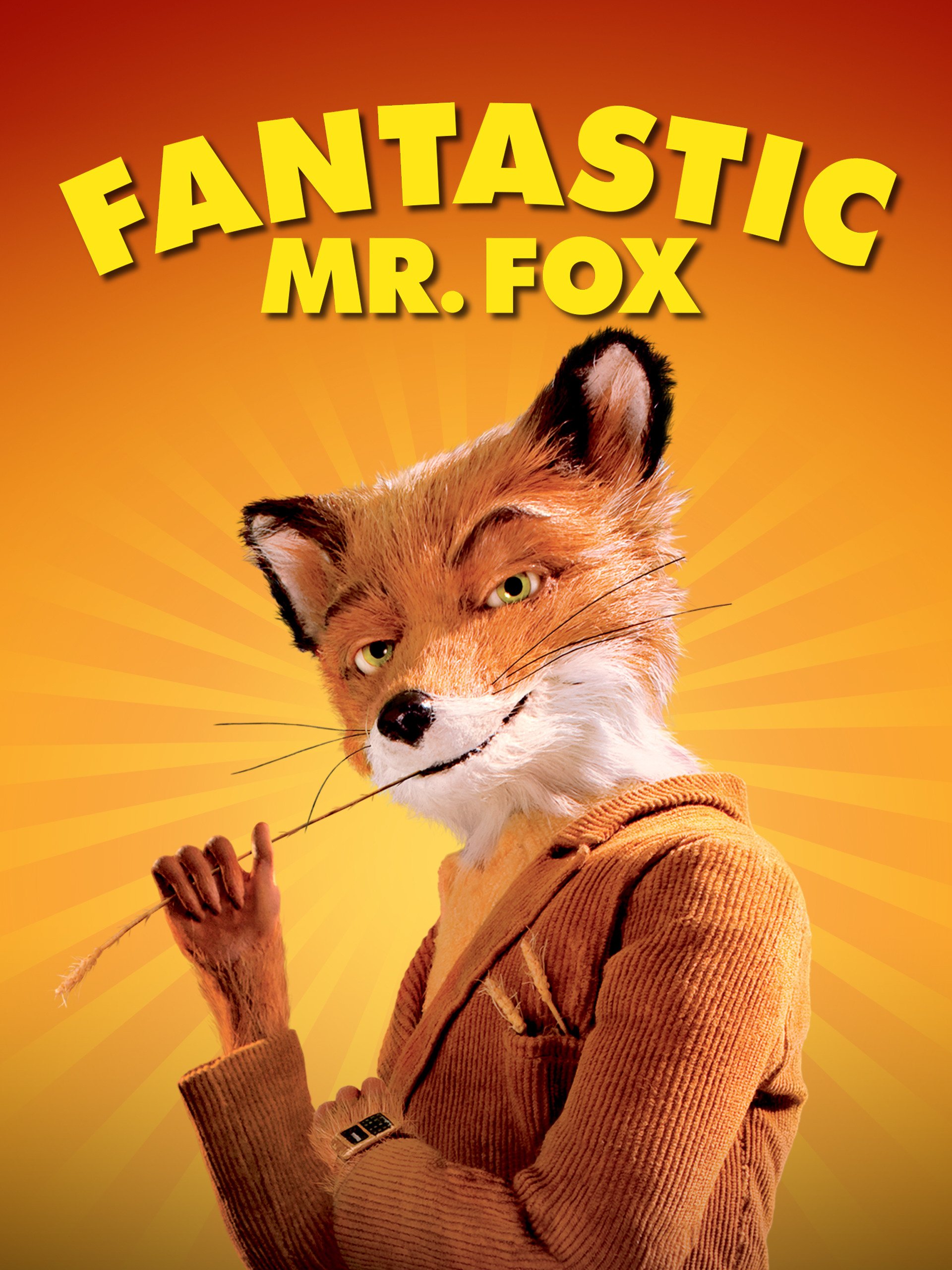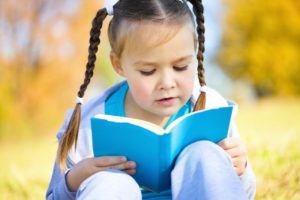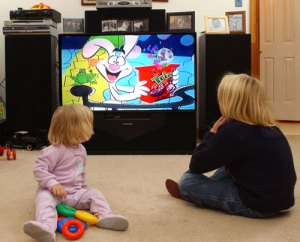
When adults talk with kids, kids can learn information that helps them understand more about the world and more about how to express that knowledge—in speech and writing. Sometimes it’s hard to get a conversation started, but almost everyone likes to talk about films they’ve watched. Making comparisons between books and their film adaptations can really get parents and their children talking.
The film of Roald Dahl’s Fantastic Mr. Fox is a successful adaptation partly because the short novel has enough material that the creators of the film didn’t have to make up too much new material (unlike the crew that made a forgettable film out of the memorable children’s picture book Where the Wild Things Are). Fantastic Mr. Fox is a favourite of kids who’ve learned to read words efficiently and now enjoy vicarious adventures through reading chapter books, some kids as early as grade two and most by grade four. Young readers strongly identify with the enterprising Mr. Fox as he battles the local mean-spirited farmers. A little preparation before heading off to the cinema or streaming a film to your television will help kids learn a lot as well as enjoy a rousing story.
Before viewing the film, read the book together. If your youngster can read aloud 99 percent of the text with correct word recognition, listen to her read the book. You can slip in any words missed or paused on as long as long as she can read at least 95% of the words correctly. If the book is harder than that, you read it to your son or daughter.
Watch the film together and talk about it afterwards. If you refer to notes you took about significant similarities and differences, you’re sharing a powerful technique for understanding and remembering information and writing about it. But even if you don’t, you’re demonstrating how we discuss works of art. That knowledge will come in useful every time your scholar-in-training studies literature at school.
Since books often lead to movie adaptations, families will have lots to compare and contrast, lots of opportunities to argue for whether book or film is better. Preschoolers can discuss the very different way that Curious George leaves Africa in the book and film. Cloudy with a Chance of Meatballs will work best with middle schoolers. By junior high, some students will enjoy comparing adult novels like Kathy Reich’s Deja Dead to the Bones TV series based on it. Parents, if you play your cards right, you can continue your exclusive book club into high school and compare the HBO Dexter series to Jeff Lindsay’s first novel, Darkly Dreaming Dexter. Make it a family tradition at gatherings to swap book-DVD combinations like I Love You, Beth Cooper, Nick and Norah’s Infinite Playlist, and Thank You for Smoking. That reading and conversation build vocabulary and information making it easier to understand and read about the world.

